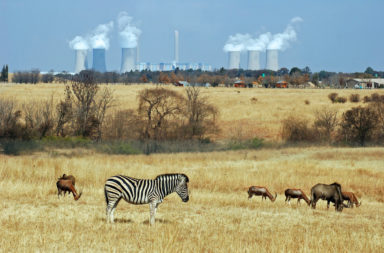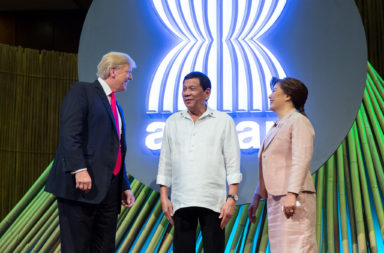Trump’s forthcoming meeting with Xi Jinping is his most important yet. The continued disavowal of progressive policies by the his administration has observers wondering if another candidate will take over as the world’s most influential nation. China has made recent advances that make it a strong favourite, yet it remains to be seen if its political system is built to withstand the pressures of the role.
- Trump leaves position at the top?
- Authoritarianism is a staple of Chinese leadership.
- Is the current Chinese model built to last?
The United States has dominated the political and economic discourse of our planet for the last two centuries. While it is clear that Donald Trump’s vision of America is far more isolationist and less progressive than his predecessors’, only a fool would suggest that the nation is no longer the main player. The US’ position as a beacon of democracy is key to this.
However, the policies being proposed, and in some cases enacted, by the new administration have given pause for thought in the minds of many experts. The widely condemned travel ban, Trump’s continuous flouting of basic facts and the backward stance to the environment are just some of the most concerning aspects.
China’s incredible recent growth and innovative approach to areas such as clean energy, is in stark contrast to the murky forecast on the other side of the Pacific. “China’s door to the world is always open and will become increasingly open with progress,” Chinese Vice-Premier Zhang Gaoli said at the opening of the Boao Forum on Saturday.
But China is a country with its own growing pains, and it is up for debate as to whether Jinping’s re-centralized authoritarian system will be able to manage the development of an extremely complex economy and society successfully.
China’s Trump-like tendencies
Indeed, China has recently become a champion of globalization, opening up access to foreign investment and various industries while seeking to remain a force for stability in these turbulent times. It’s One Belt, One Road project, connecting China to Asia and Europe by rail, is just one example.
Yet the authoritarian nature of Jinping’s party, and the increasing influence it has on all aspects of life in China, run the risk of limiting or even hindering its future prosperity. While the leadership has enforced a strict purge of corrupt politicians and business people, it has also continued the activities of intellectuals and restricted human rights.
Trump’s continued attack on the mainstream media and ‘fake news’ claims draws similarities to the treatment of the press in China. News of a website, blog or Weixin (WeChat) post being taken down for political reasons is extremely common.
With such liberties being infringed upon with such frequency, it must be asked whether innovation has room to occur. The inability to question or challenge the status quo, many would argue, leads to a economic and political stagnation. Furthermore, those intellectuals and innovators who become successful are increasingly moving abroad, along with their capital.
China’s economic success key to regional peace
There is no doubt that what China has achieved in the last 40 years has been extraordinary. The task of transforming from a nation afflicted by poverty into a global superpower should not be scoffed at. The maintenance of such growth has come at a cost, however.
Financial services firm UBS recently estimated that China’s overall public, corporate and household debt soared from around 150% of GDP in 2006 to more than 270% at the end of last year. Goldman Sachs estimates the chance of a financial crisis in China this year at 25%, and in 2018 at 50%.
This is due to a number of factors including an ageing population – due to the one child policy, exorbitant housing prices in the major cities and a decrease in the amount of cheap labor available. The anti-corruption drive has led to inaction from officials across the country, afraid of the consequences of actions that may be perceived as out of line.
While China is experiencing continued economic growth, the leadership can rest assured that the population will remain peaceful and obedient. It will continue to position itself a globalist champion. However, the legitimacy it derives from economic success may waiver and in such a case Jinping’s party is likely to draw more heavily on nationalism.
With many potential spark points, in particular the conflict in South China Sea, China’s economic success is of great importance to the wider region and indeed the world. As such, the world will be watching the meeting of these two stumbling political nations with extreme interest.





